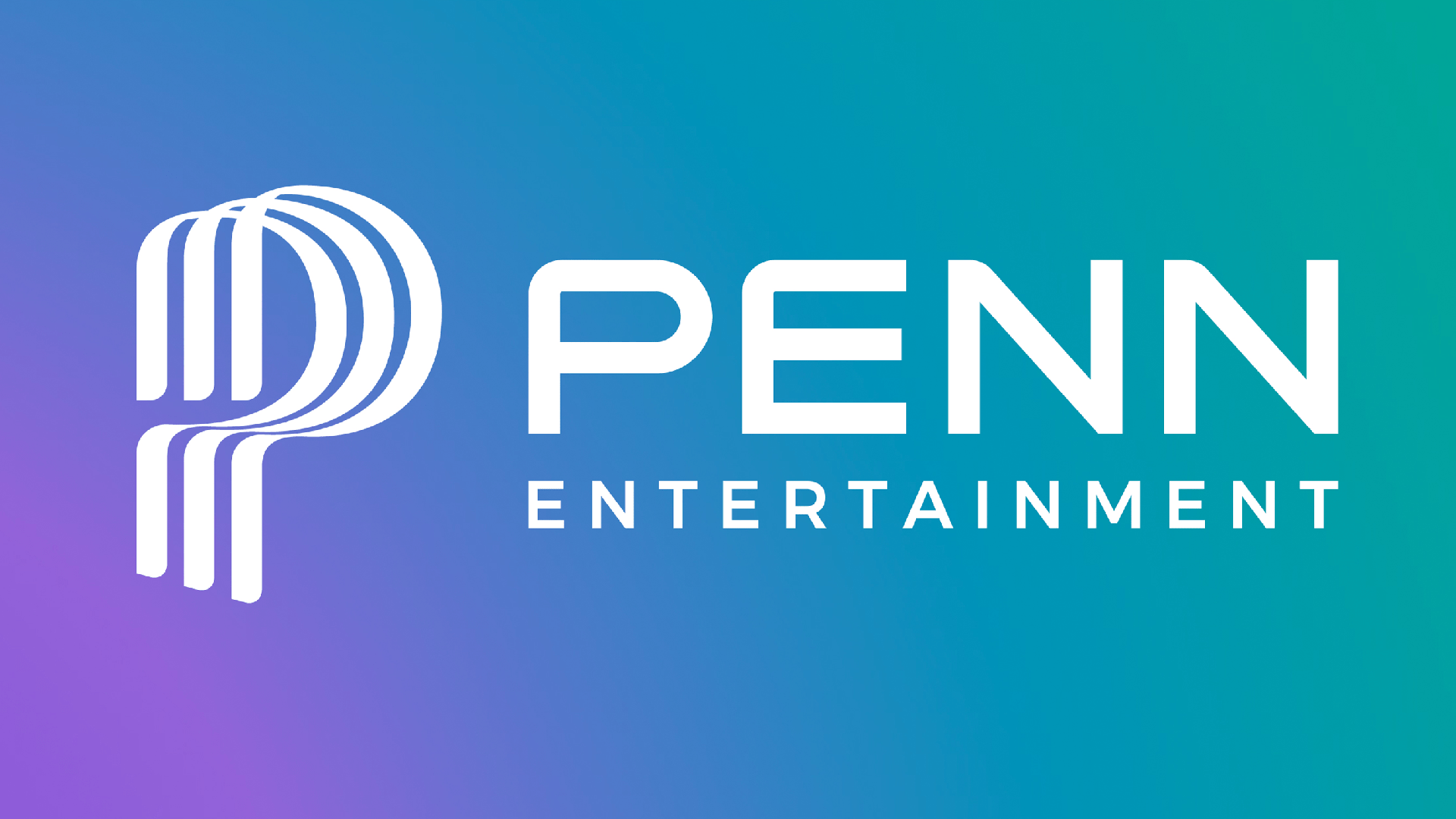
Penn Entertainment Earnings: ESPN Bet in Focus
On Thursday, August 7, before US markets open, Penn Entertainment (NASDAQ: PENN), the biggest operator of regional casinos in the US, releases its second-quarter results. Given that the report comes just before the 2025 NFL season begins, analysts and investors will undoubtedly be paying close attention to the company's ESPN Bet division.
Although market participants have criticized ESPN Bet for not being a more credible threat to established competitors in the very competitive US sports betting market, the company has made several modifications that suggest the mobile betting app is prepared for greater success this NFL season. David Katz, an analyst at Jefferies, emphasizes direct-to-consumer (DTC) enhancements and improved integration with ESPN services in a recent report sent to clients.
"Our impression from conversations with management and investors suggests that the ESPN Bet product is in its best position in time for the start of the NFL season,” observes Katz. “One such example is the integration of ESPN Bet with the fantasy app and ESPN’s DTC product (launching ahead of the NFL season) which would enable personalized marketing. The path to profitability by 4Q25 appears well understood, although the Street will require evidence of share gains to ascribe value for the business.”
ESPN Bet benefits from great branding, but the gaming platform's connection with ESPN needs to be improved in order to fully leverage the association with the biggest sports network in the world. In April, "Mint Club," which enables users to link their betting accounts to ESPN.com accounts, was introduced, marking a step in that direction.
The Significance of ESPN Bet in Penn Investment The thesis
The majority of Penn's earnings and revenue come from its brick-and-mortar regional casinos, which far outweigh the contributions of online sports betting. However, in the two years since Penn and the Walt Disney unit came to an agreement, ESPN Bet has become a significant concern for investors, which is costly for Penn.
With $1.5 billion spread over ten years and $500 million in stock warrants, the gaming company is paying Disney a hefty sum for the rights to the ESPN brand. In order to sign the ESPN agreement, Penn spent almost $500 million to buy Barstool Sports, which it then sold back to founder David Portnoy for just $1.
To put it another way, Penn has invested a sizable portion of shareholder funds on sports betting endeavors with very little return. The fact that either the gaming company or ESPN has the option to terminate the agreement after three years, which is just 13 months away, is another factor contributing to ESPN Bet's high level of interest in the Penn equity discussion.
According to Katz, the topics that will be covered on the August 7 earnings call include Penn's viewpoint on recent state-level sports betting tax increases and ESPN Bet's preparedness for the 2025 NFL season.
Remember Penn's Regional Casinos.
Operating regional casinos is Penn's primary business, which could be advantageous at a time when investors are worried about the situation on the Las Vegas Strip. Although it behind the peer group because of the sluggishness in Detroit and Louisiana, Katz notes that Penn's growth rate at its regional venues in the second quarter was respectable.
"This may be indicative that it has not increased promotions to drive growth, a theme discussed by peers, but we believe top-line growth is a key element of stock performance,” notes the analyst.
According to him, Penn would make $6.91 billion this year from $1.54 billion in earnings before interest, taxes, depreciation, amortization, and restructuring or rent expenses (EBITDAR). In contrast to earlier projections of $7.28 billion and $1.83 billion, he projects those numbers to be $7.26 billion and $1.85 billion for 2026.














